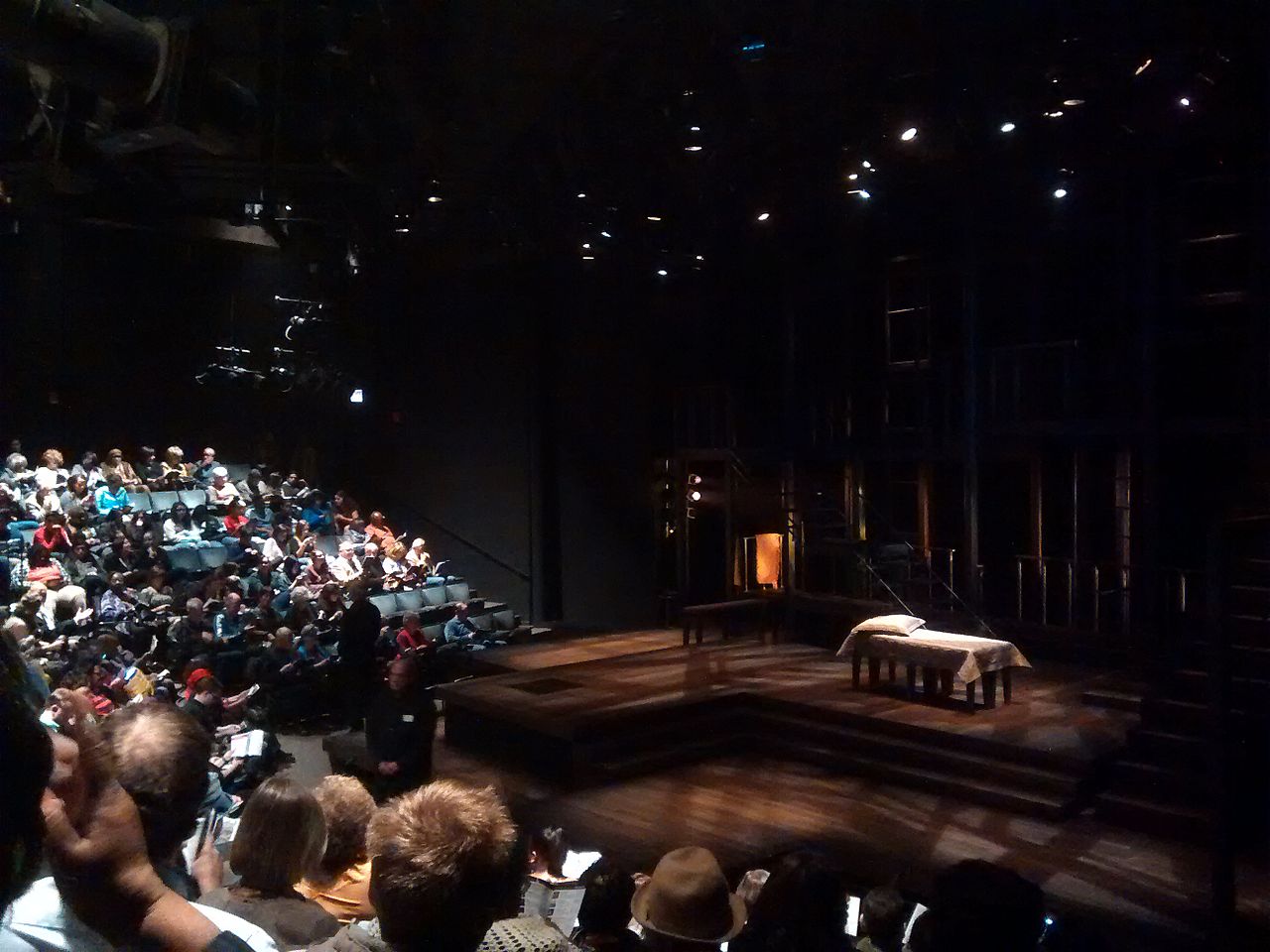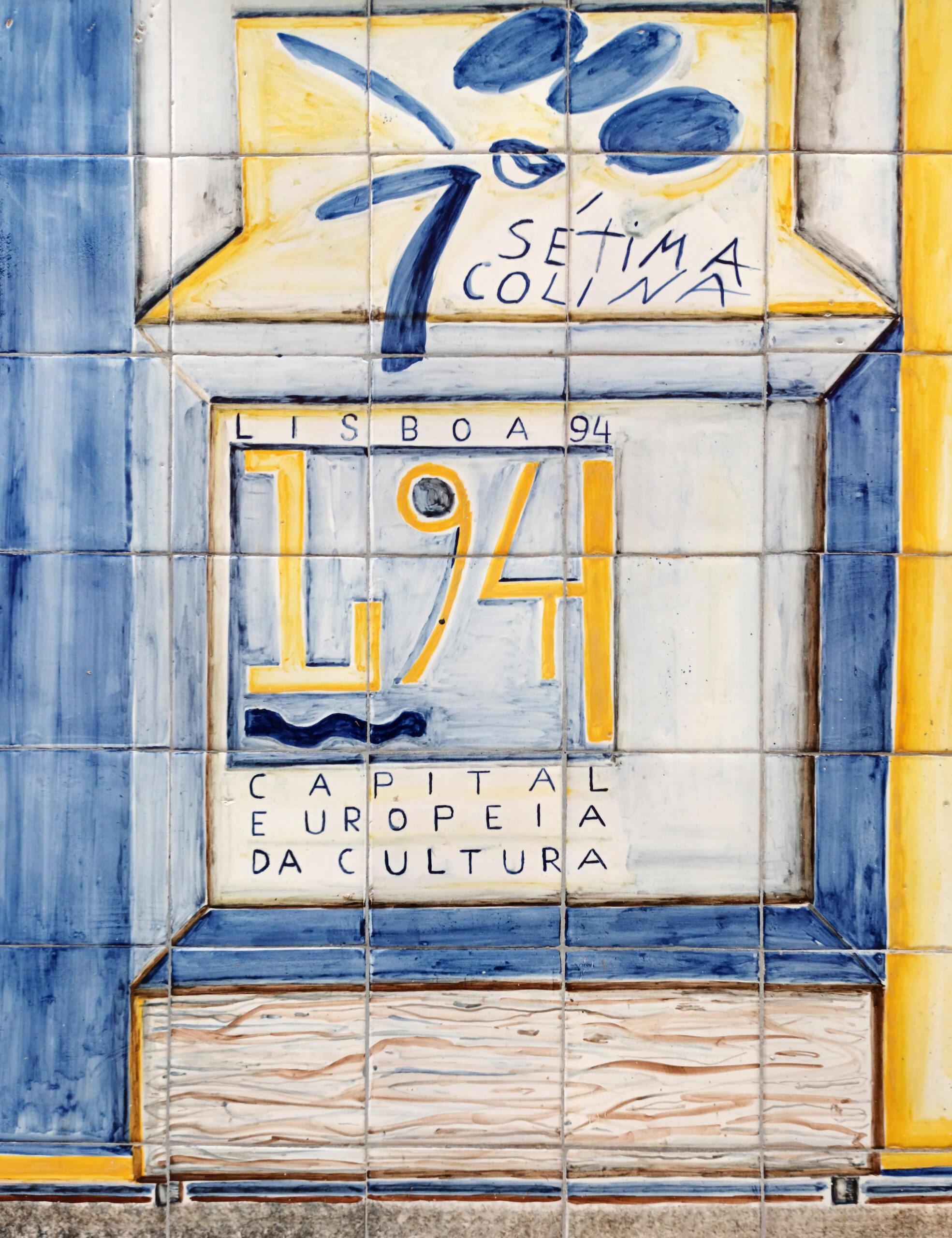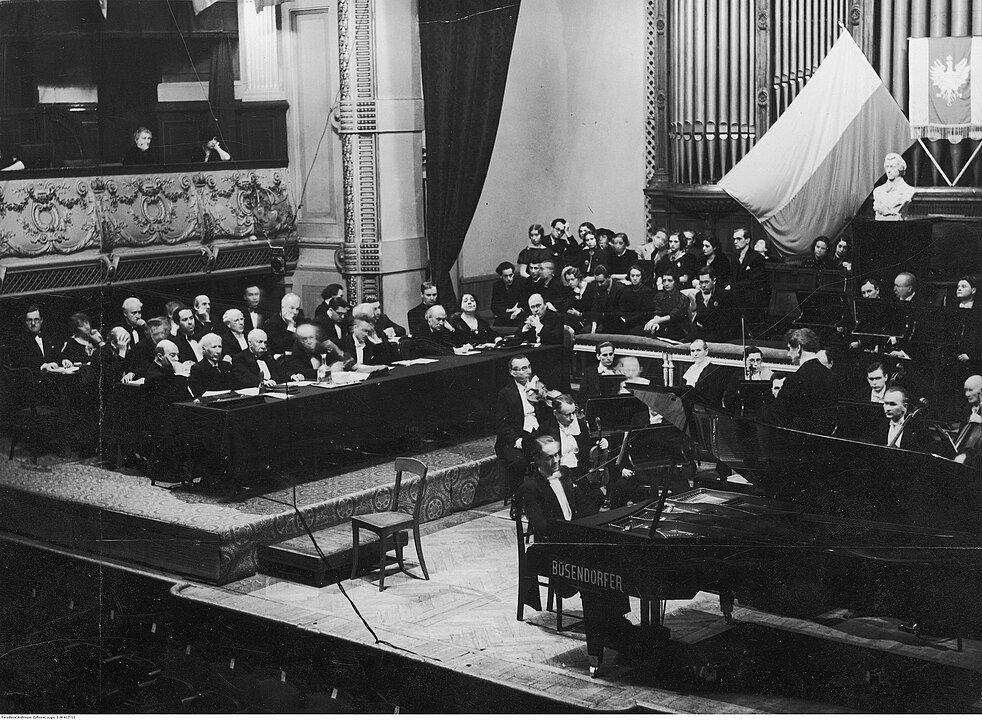By Elisa Salvador
Cultural Festivals are one of the most diffused examples of living production in all the fields of cultural and creative industries, attracting increasing attention in recent years. ESSCA School of Management, INGENIO-CSIC UPV, and the University of Valencia organised a two-day international Workshop on the 26-27 of November 2019 at Centre Cultural La Nau, Valencia (Spain). Researchers joined from all over the world to discuss the current context of cultural Festivals and the new avenues of research, including the digital challenge.
The aim of this international Workshop was precisely to investigate the actual context of Festivals’ structure, organization and management, also considering the challenges of the digital age. Till now all these aspects have not deserved a due attention in the scientific literature. Cross comparisons between Festivals taking place in different countries have been presented: the Festival Lucca Comics & Games in Italy, the Segovia International Puppet Festival (Titirimundi) and the Rototom Sunsplash European Reggae Festival in Benicássim (Spain), the case of Petronio Álvarez Pacific Music Festival in Cali (Colombia), and the comics Festival in Angers (France) are some representative examples presented during the first day of the Workshop.
Festivals are one of the most diffused examples of living production in all the fields of cultural and creative industries (see the study by Johansson Luonila) and in recent years they attracted an increased attention also because of their remarkable rise in number. Several studies are investigating various aspects related to the organization, management and success of these events (cf. among others, Snowball, 2013; Vestrum, 2014; Baez-Montenegro, Devesa-Fernandez, 2017; Rajaobelina et al., 2019).
Articles presented during the Workshop (Day 1) confirmed the economic revival and local/regional interest about cultural Festivals: they are considered a great opportunity for small cities willing to establish their brand identity and acquire a visibility that otherwise they would have difficulties to obtain. The recent resurgence of Festivals is also related to the experiential character that these events provide, and which distinguishes them from the increasing digital diffusion of culture.
An important question highlighted during the workshop is what elements potentially define success of cultural Festivals? particularly in relation to their economic model, the nature of their offer, the services and experience that they propose, as well as their links with the various types of local stakeholders and city facilities and structures.
The digital revolution and the diffusion of information and communication technologies (ICTs) has laid the foundation for a new business landscape, including that of the various cultural and creative industries (the book. music and cinema industries are among the most representative examples). Digital technologies did not have forcedly a disruptive effect on dissemination events such as small Festivals, largely because of their link to the local territory and to the unique experience they assure to visitors which cannot easily be replaced by digital tools.
Presentations during the Workshop confirmed that Festivals obtain customer loyalty and increase visitors mostly through “word of mouth,” rather than through digital channels, and that educational programs involving students are a source of new audiences. Presentations also confirmed that Festivals’ setting and organization are a tricky matter: these events are characterized by temporality and a project focus that require motivated workforce under intensive short-term collaborations and the leadership of one or a few persons. Consequently, one may wonder what the final influence and impact of the digital revolution on the organization and management of cultural Festivals is. Is it possible to talk about new dynamics strengthening the success of Festivals? Is digital proximity replacing or completing physical proximity in these events’ organization?
The main output of the meeting can be summarized as follows: cultural Festivals aim at providing a unique and memorable experience that, for example, results in a positive association between the experience at a Festival and a brand influencing purchasing intention. The brand identity is associated to the Festivals’ contribution to the visibility, development, and economic valorization of territories and their support to local cultural ecosystems. Events like international food Festivals have to be considered as cultural events too, including the Omnivore Food Festival in France, the Identita Golose in Milan (Italy), Chef-Sache in Düsseldorf (Germany) and the San Sebastian Gastronomika (Spain).
The impact of digital social networks has been underlined: attendees active on Twitter contribute to the visibility of the event. Traditional channels like radio and local press also play an important role in small cities where their influence persists. An investigation about Festival exhibitors’ organization and management highlighted the great complementarity between physical and digital spaces and tools. Festivals have been defined by a speaker as “platforms for inclusion, interaction and participation” that could generate social, cultural and economic impacts, thus underlining the complementary role played by digital technologies.
Notwithstanding the intangible and most of the times qualitative nature of many of the effects arising from these events, cultural Festivals’ sociocultural impact analysis has also been addressed looking at indicators like the Festival programme, the Festival budget, the number of participants and the organisation’s annual accounts balance. Generally speaking, cultural enrichment and diversity can be highlighted, and volunteers and social involvement are usually more present than private sponsorships. Anyway, the possibility of attendance to these events open to various audiences, enables to argue about the Festivals’ effect of improvement in citizens’ well-being and quality of life. Finally, the attachment to the city hosting the Festival, that makes the difference and provides loyalty to the event, has not to be forgotten.
Festival organizers, policymakers, persons in charge of educational programs during Festivals, and other interested social stakeholders, shared and discussed initiatives aimed at expanding the audiences of cultural Festivals, including educational programs (Day 2). A younger audience is still missing in cultural Festivals, especially classical music festivals, calling for new methods, proposals and communication channels. Educational activities aimed at younger people may lead to a generational renewal. However, specific personnel able to develop educational activities is currently absent. The experts concluded that an attractive offer of programs influencing listening experiences in new spaces could be a solution, able to generate unique emotions associated with singular events that mix music, leisure, gastronomy and tourism.
The two-day international Workshop was organised by Professors Elisa Salvador (ESSCA School of Management), Elena Castro-Martínez (INGENIO-CSIC, UPV), Ana Botella Nicolás and Rosa Isusi Fagoaga (University of Valencia). The event has been hosted by Centre Cultural La Nau, it has been labelled by the International Association of Arts and Cultural Management (AIMAC) and it has been supported by ESSCA School of Management (France), the Institute of Creativity and Educational Innovations, University of Valencia, the Institute of Management of Innovation and Knowledge, Spanish National Research Council and Universitat Politècnica of València (INGENIO-CSIC, UPV). The Workshop will be followed by a Special Issue of the International Journal of Arts Management (IJAM) and by a book edited by Routledge.
Additional evidence and feedback from this international two-day Workshop are available here: three videos by Prof Elisa Salvador explain in details the increasing attention about cultural Festivals with possible reasons for their survival and success in the digital age; how cultural Festivals seem to escape from the Red Queen effect; and the idea that originated this international Workshop. A snapshot of the collection of articles published in the local press in Valencia is available here.
About the author
Elisa Salvador is Professor, PhD, HDR, at ESSCA School of Management, Paris, France.







